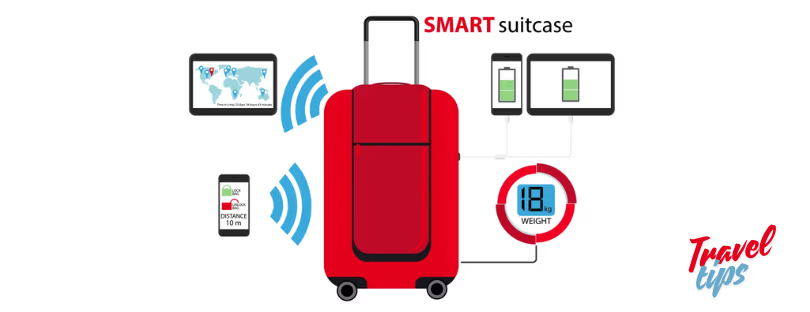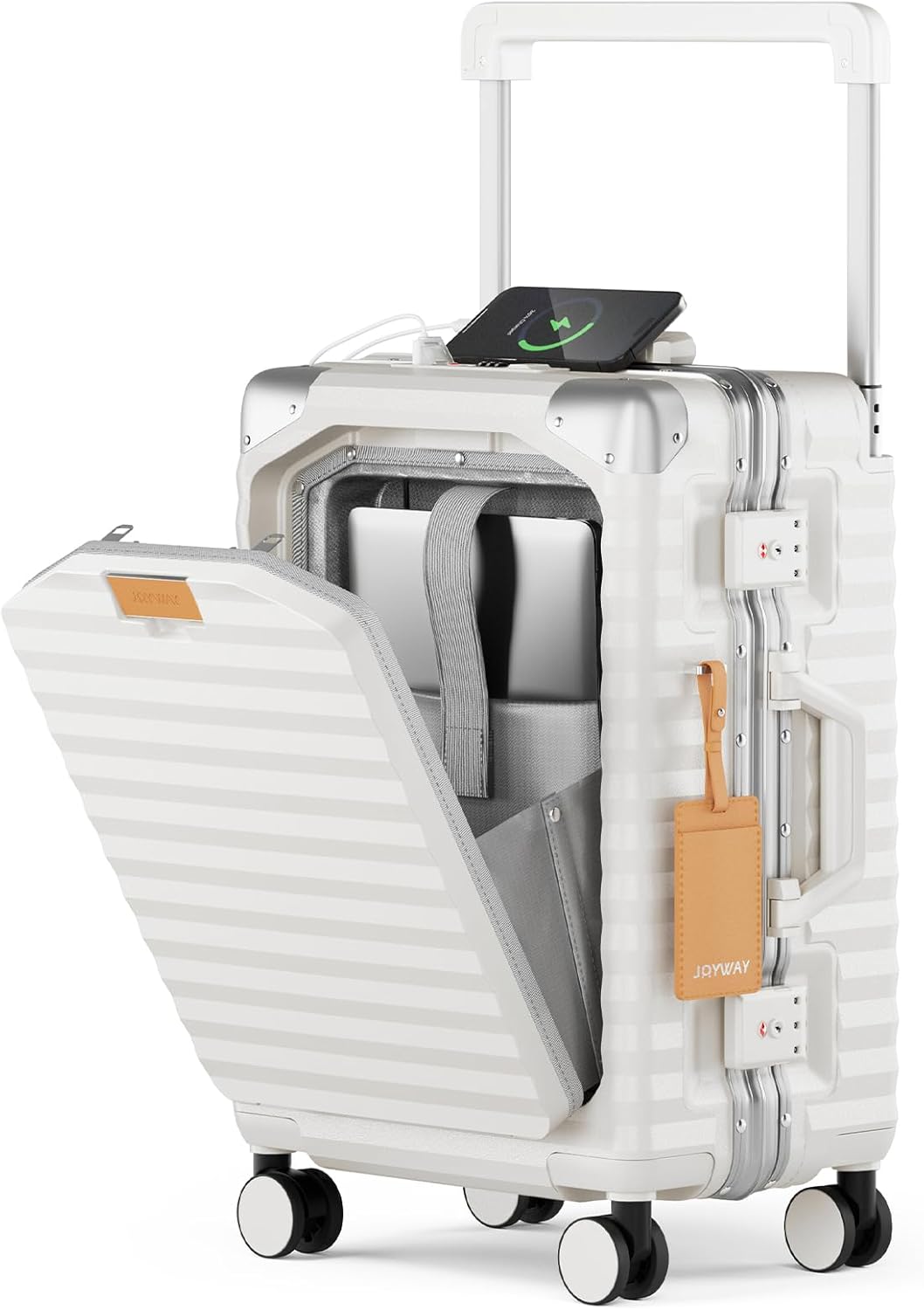
Airlines Tighten Rules on Smart Luggage and Portable Batteries
Starting October 1, 2025, airlines worldwide have rolled out stricter rules on smart luggage and portable batteries in response to new international aviation safety regulations. The changes, driven by the International Civil Aviation Organization (ICAO), target lithium-ion batteries in both carry-on and checked baggage — with direct implications for smart suitcases, power banks, and other battery-powered travel gear.
The reasoning is clear: lithium-based batteries remain one of the most volatile components onboard aircraft. Overheating or damaged cells can trigger thermal runaway, gas leaks, or even fires — a nightmare scenario at 35,000 feet.
Smart Bags Must Have Removable Batteries
Under the new rules, smart luggage is only permitted if the batteries are removable, switched off, and never charged during the flight. Bags with fixed, non-removable batteries will be banned from both the cabin and the hold. Emirates has already issued an updated policy confirming that smart bags are allowed in checked baggage only if the power source is removed and carried into the cabin. Other major carriers — from Delta to Lufthansa — are expected to follow suit in the coming months.
This marks a turning point for the smart luggage industry, which had been booming thanks to built-in features like GPS tracking, digital locks, and even motorized propulsion. The new framework effectively sets a design standard: if the battery can’t be pulled out, the bag won’t fly.
Why Regulators Are Acting Now
While incidents are rare, aviation authorities point to multiple cases where lithium-ion batteries overheated mid-flight or during baggage handling. The U.S. Federal Aviation Administration (FAA) alone has recorded over 400 lithium battery-related incidents on aircraft since 2006. Each case underscores the challenge of containing fires inside pressurized cabins or cargo holds.
Battery-powered travel accessories have only multiplied in recent years: power banks, wireless chargers, even backpacks with built-in charging stations. Most are safe in practice, but regulators must account for worst-case scenarios, especially with poorly manufactured or overcharged cells. Standardizing restrictions gives cabin crews clearer protocols while cutting down on last-minute bag rejections at boarding gates.
What Travelers Need to Know
For passengers, the updated rules mean a bit of extra planning:
- Smart luggage: Only allowed if the battery is detachable.
- Power banks: Must usually be under 100Wh to be carried on board. Anything larger requires airline approval.
- Spare batteries: Often capped at two per traveler, depending on airline rules.
Manufacturers have already started adapting. Brands like Away and Horizn Studios are redesigning smart suitcases with quick-release power packs. Expect to see detachable battery compartments become the norm, much like how airlines pushed the entire industry toward lighter, TSA-approved locks a decade ago.
A Step Toward Global Alignment
The aviation sector has struggled for years with fragmented battery policies. Some U.S. carriers banned smart bags early, while Asian and European airlines allowed them with conditions. ICAO’s new framework brings long-overdue standardization, ensuring passengers face fewer surprises at check-in counters.
Conclusion: Industry Shift Mirrors Broader Tech-Safety Balance
These rules are more than just a clampdown on smart luggage — they’re part of a larger trend where regulators are trying to keep pace with consumer tech. The aviation industry has faced similar crossroads before: hoverboards were grounded worldwide in 2015 due to fire risks, and e-cigarettes remain tightly controlled on flights.
Smart luggage is simply the latest casualty of the “safety vs. innovation” balance. For context, analysts at IATA (International Air Transport Association) expect portable power demands to triple by 2030 as digital nomadism and connected travel grow. That means airlines aren’t shutting the door on innovation; they’re demanding safer, standardized design frameworks.
Travelers, meanwhile, will likely adapt quickly — just as they did when laptops had to be screened separately at security checkpoints. For smart luggage makers, the choice is clear: evolve toward modular, removable batteries or risk being left behind in airport storage rooms.











